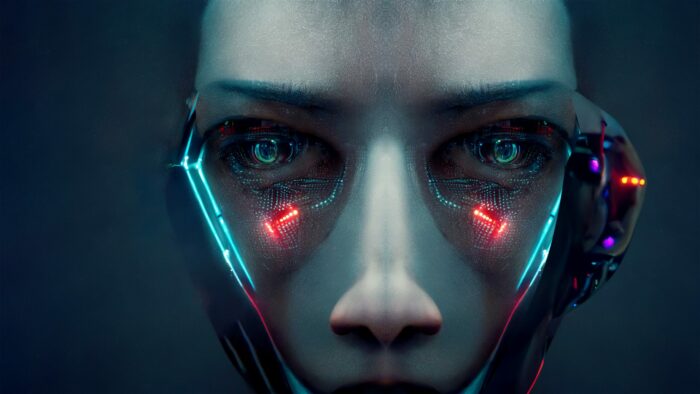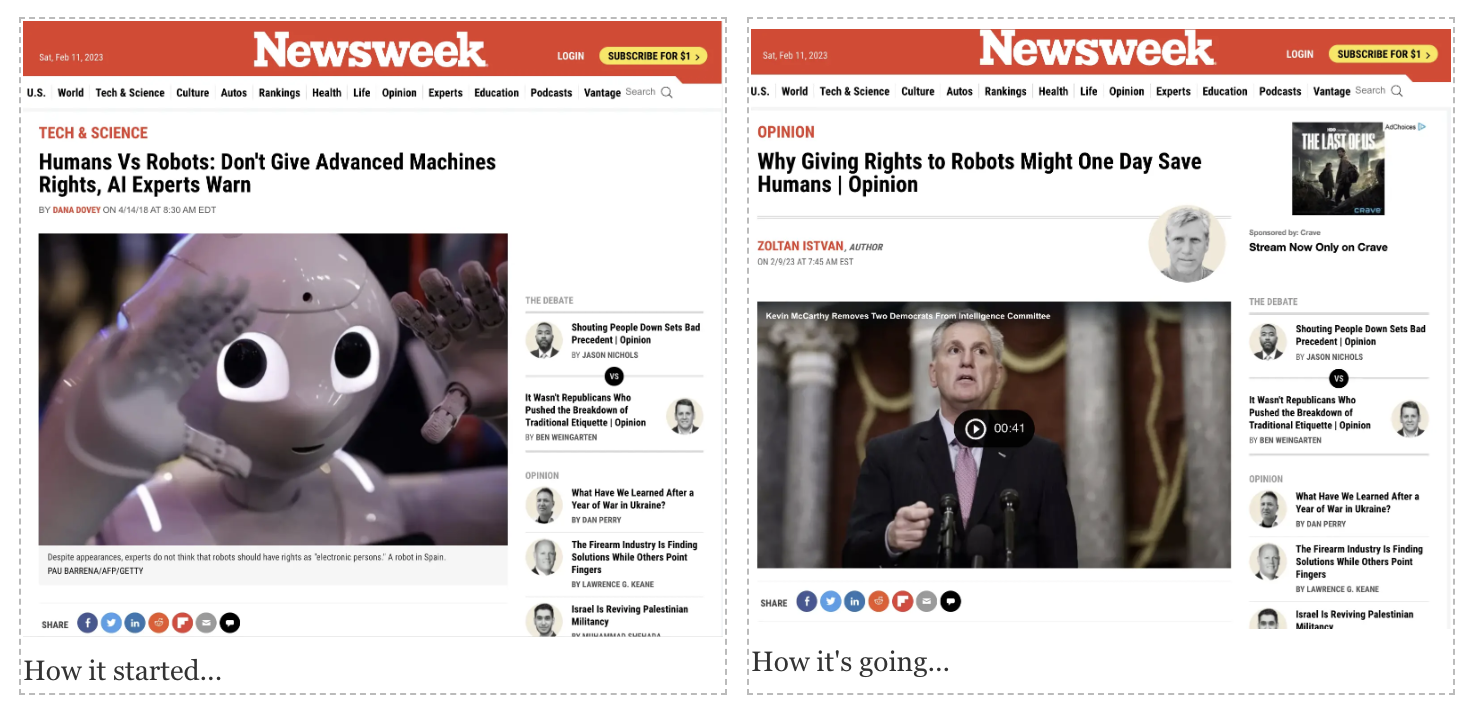Doug Casey has always been a technology optimist, and he sees great things coming from Artificial Intelligence. From Doug Casey at internationalman.com:

International Man: Amazing new technologies—once the realm of science fiction—are now an imminent reality.
Artificial Intelligence (AI) is one of the most critical areas where this is happening.
What is your take on AI advancements, and how do you see it evolving in the future?
Doug Casey: AI is going to be huge. No, strike that gross understatement—it’s already huge. It will change everything. There’s no question the abilities of technology are increasing exponentially, at the rate of Moore’s Law. In other words, computing power is still doubling roughly every 18 to 24 months while the cost halves. This is also true in the areas of biotech, nanotech, robotics, 3D printing, and genetic engineering. These technologies are going to fundamentally transform the very nature of life itself. AI will accelerate their progress by an order of magnitude.
In a decade or two, it’s arguable that robots will be more intelligent, more innovative, and perhaps even more thoughtful than humans. They’ll no longer just be today’s odd-looking mechanical beasts that can perform a few parlor tricks. Soon, there will be not just mechanical robots, but biological robots, especially after quantum computing is commercialized. Who knows what will come after that.
The advances in all these technologies are very positive not just from an economic point of view, but from a humanist and even spiritual point of view as well. Despite the dangers from the State having first access to them, they’ll turn out to be very liberating on all levels.
AI and robotics, like all technologies over the long run, will be friends of the average man. They’ll catapult the average standard of living much higher. With a little luck, in a generation, we’ll think of today’s world as being oppressive and backward—assuming we don’t regress to a new Dark Age. Much of the work we do today is “dog work.” Good riddance to it.





